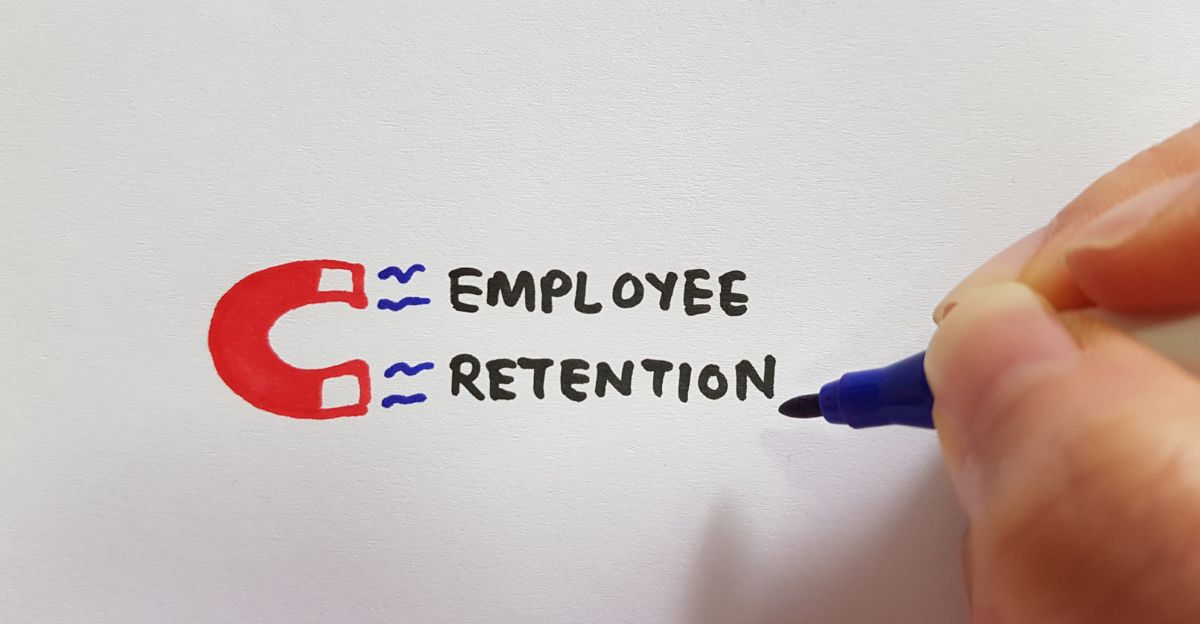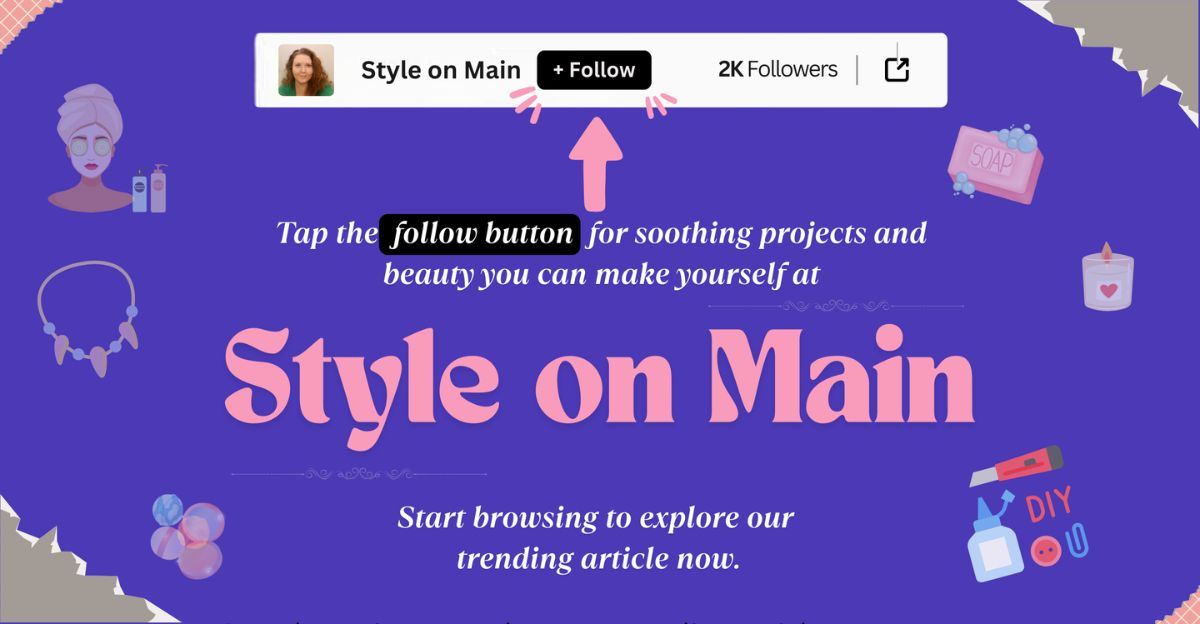
Buc-ee’s is best known for spotless bathrooms, giant convenience stores, and cult-like popularity. But behind the cheerful branding, the Texas chain is facing serious legal scrutiny. A $20 million lawsuit by former employee John Pedersen accuses Buc-ee’s of using confidentiality agreements to quietly strip workers of core rights, free speech, privacy, and intellectual property.
According to Pedersen, the company sets legal traps that make it nearly impossible for workers to leave without losing money or control over their own ideas. His case isn’t isolated. It points to a deeper issue in corporate America, where employment contracts are increasingly being used to control workers, avoid accountability, and lock in loyalty through fear. Buc-ee’s might be the face of a much bigger problem.
How “Bonus” Pay Becomes a Financial Prison

Buc-ee’s has pioneered a system employment lawyers call “retention agreements”, contracts that split pay into base salary and a separate “retention” amount. Assistant manager Kelly Rieves found this out the hard way. After three years, she tried to resign and was hit with a lawsuit demanding repayment of over $67,000 in retention pay.
It’s a clever setup: workers think they’re earning more, but don’t realize leaving could cost them dearly. Courts initially sided with Buc-ee’s, awarding nearly $100,000 in damages and fees. These contracts turn quitting into a financial crisis.
Despite paying taxes on their full income, workers might be forced to give it back, creating a system that looks voluntary but feels more like economic entrapment.
When Trust Becomes a Weapon Against Workers

Employment isn’t just legal paperwork, it’s also built on unspoken trust. Psychologists call it the “psychological contract,” where workers expect fairness, respect, and good faith. Buc-ee’s flips that trust. Pedersen shared ideas with management, thinking he was collaborating. Instead, he was told those ideas belonged to the company.
Research shows this kind of betrayal causes workers to develop defensive traits, like Machiavellianism or distrust, that erode workplace culture. Contracts that seem generous often hide control mechanisms.
In Pedersen’s case, good faith turned into a legal trap. While the company gains short-term control, it ultimately damages loyalty, trust, and the creative spark that businesses need to thrive.
How Legal Fiction Enables Corporate Manipulation

At-will employment suggests both employer and employee can walk away freely. But Buc-ee’s retention agreements tell a different story. While the company can fire workers at any time, employees face massive financial penalties for quitting. This imbalance creates what experts call a “practical restraint of trade”, freedom that exists on paper but not in practice.
Studies show this uncertainty leads to anxiety and poor job performance, even when a role seems secure. Employment advocate Liz Ryan says it strips workers of “psychological safety,” making them less likely to speak up or innovate. What looks like a choice becomes coercion, creating a silent pressure cooker disguised as a job.
Why Workplace Manipulation Destroys More Than It Creates

Buc-ee’s and similar companies often defend these aggressive policies as essential for stability. But data suggests the opposite. Manipulative environments reduce productivity by up to 7% each year and can double recruitment costs. Workers stuck in legal traps become disengaged, burned out, and more likely to leave, if they can afford to.
The health toll is steep too, with stress-related illnesses driving up medical costs. Buc-ee’s might save short-term by locking in employees, but the long-term damage, from lawsuits, reputation loss, and broken morale, is far greater. In the end, these tactics don’t build loyalty or performance; they erode them from within.
How Legal Documents Become Tools of Silence

Pedersen’s lawsuit highlights how far companies are willing to go to control employee output. Buc-ee’s reportedly told him to destroy everything he created, even ideas developed off the clock—claiming it all “related to Buc-ee’s business.” This crosses a line from job ownership into thought ownership. Legal experts warn this reflects a wider corporate push to seize intellectual property while offering little in return.
Psychologically, it can break workers’ spirits. When people feel their ideas aren’t their own, they stop thinking creatively, a phenomenon known as “learned helplessness.” While companies argue these contracts protect trade secrets, they often just suppress innovation and initiative.
How Employment Manipulation Targets Vulnerable Workers

The recent racial discrimination suit against Buc-ee’s brought new attention to how manipulative contracts disproportionately harm vulnerable employees. One manager allegedly boasted about his power to discriminate. Experts say retention agreements and similar tactics often target minorities, migrants, and first-generation workers who may not fully understand U.S. labor laws.
These employees are less likely to challenge unfair terms due to fear, language barriers, or lack of legal support. The “pet-to-threat” pattern, where a favored employee becomes a target, is frequently used in tandem with retention clauses to trap workers financially. Though not always explicitly racist, these practices often exploit systemic inequalities with devastating results.
How Modern Tools Amplify Ancient Control Tactics

Technology has given companies like Buc-ee’s new ways to reinforce old control methods. Today’s employers can monitor emails, flag behavior patterns, and even predict who might quit. That data fuels targeted enforcement of retention agreements, pressuring vulnerable employees to stay. It creates what researchers call “panopticon employment,” where workers alter behavior simply because they know they’re being watched.
The result feels less like a job and more like psychological captivity. Tactics like constant monitoring, financial threats, and emotional pressure echo abusive relationships. Technology doesn’t just enforce the rules, it makes the trap invisible, leaving workers too stressed to push back.
How Courts Enable Corporate Predation

Buc-ee’s early legal victories show how courts can be slow to recognize exploitation. Judges initially upheld the company’s retention contracts, calling them standard business practice. Only after multiple appeals did higher courts begin to see them as “unreasonable restraints of trade.” That delay matters. It allows companies to use coercive contracts unchecked for years.
Employment law’s focus on “freedom of contract” ignores the power imbalance between giant corporations and individual workers. Most people sign without legal advice or full understanding. Until courts treat financial coercion as seriously as physical force, companies will continue using these tools to control and silence workers.
The Future of Work Depends on Recognizing This Crisis

The Buc-ee’s lawsuits aren’t just about one company, they signal a dangerous shift in American labor. As competition heats up, some employers are choosing control over cooperation. Retention agreements, once rare, are spreading to tech, healthcare, and beyond.
Workers are being turned into “indentured professionals,” bound by hidden penalties and fear. This undermines the idea of a free labor market and threatens democracy itself. When people can’t leave bad jobs, they lose the ability to advocate for themselves, both economically and politically.
The path forward requires legal reform and cultural change. Employers must value transparency and respect over control. The Buc-ee’s case is a warning, but also an opportunity to demand a better, fairer way to work.
Discover more DIY hacks and style inspo- Follow us to keep the glow-up coming to your feed!

Love content like this? Tap Follow at the top of the page to stay in the loop with the latest beauty trends, DIY tips, and style inspo. Don’t forget to share your thoughts in the comments — we love hearing from you!